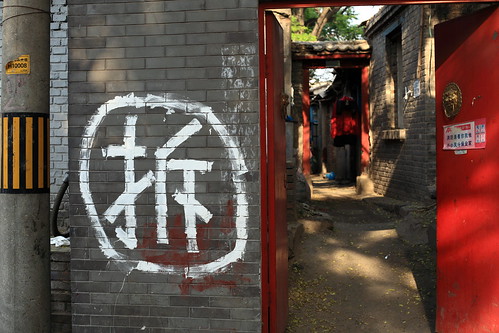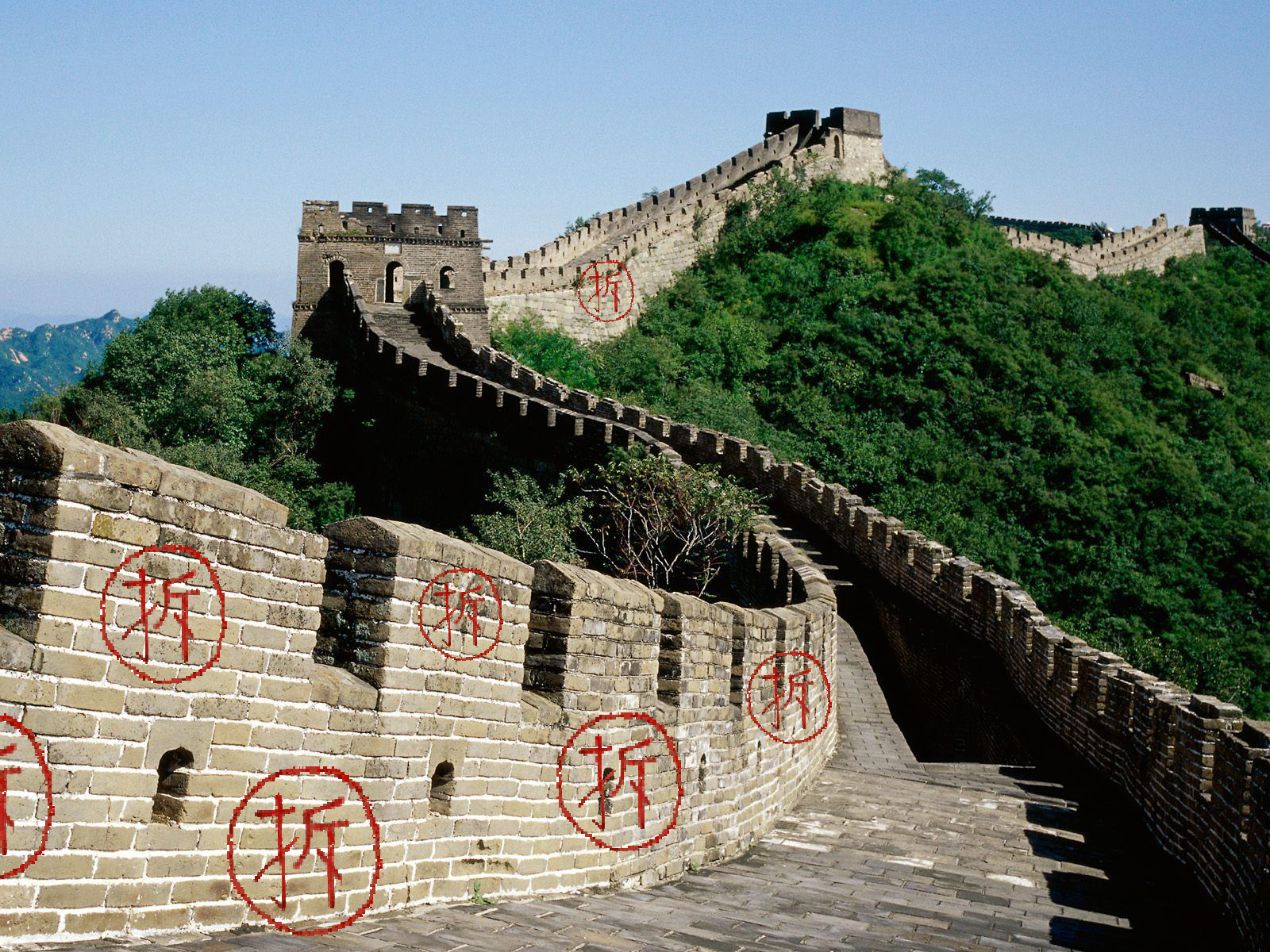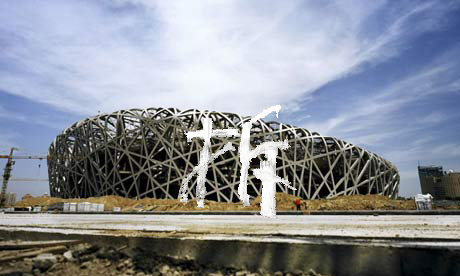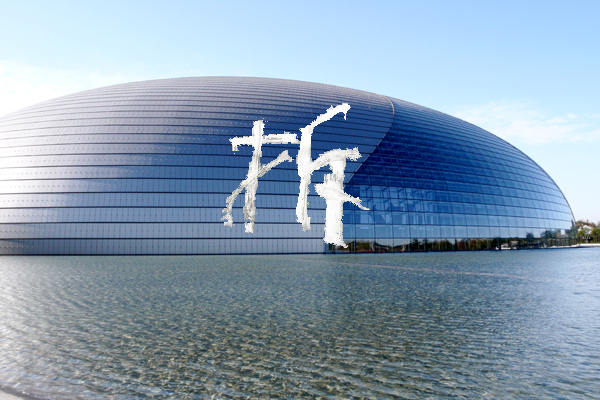 Anyone who wants to understand modern day China, he should start with a most ominous Chinese character, 拆 (Chai) - which means demolition, and it constantly invokes great fear and anxiety amongst the powerless and voiceless citizens of China. Such character written on any building meant the sure demolition of it and often tragedy of its owners. Any property owners dread such writing on the walls of their homes.
Anyone who wants to understand modern day China, he should start with a most ominous Chinese character, 拆 (Chai) - which means demolition, and it constantly invokes great fear and anxiety amongst the powerless and voiceless citizens of China. Such character written on any building meant the sure demolition of it and often tragedy of its owners. Any property owners dread such writing on the walls of their homes.In last decade, perhaps, Chinese economy was in large part driven by relentless (re)development and urbanization, which often involved the demolition of older houses, buildings, villages, neighborhoods, and even cities entirely. The zeal for such redevelopment was, other than the real needs of people, more driven by the developers and the government who compensated the owners little - often way below market values, and made huge profit jointly, and in the meanwhile, giving the corrupt officials golden opportunities to garner huge piles of wealth. Poor citizens, always at the mercy of the powerful, often became desperate. But even self-immolation could not stop the bulldozers and some owners were even buried alive with their destroyed houses. Such story even happened to a widow of a powerful general.
It was not just the sheds in slums got demolished in the process. Sometimes, totally decent buildings got destroyed. More over, even invaluable historical buildings. Chinese officially controlled media even invented a phrase "protective demolition", often invoked when a landmark building was lost in the process. There is an alternative phrase "destructive protection", which was also often metered out to the historical buildings which unfortunately occupied locations with great redevelopment values.
Now, the development has slowed down somewhat because the government had no much left to sell to developers. No worry. They could demolish the existing buildings and build new ones. And they will. Many local governments had been used to swimming in cash and are facing the dire situation of bankruptcy and it would be really tempting for them to condemn more buildings for cash.
I strongly encourage you to visit China sooner, other than later, if you want to see some existing Chiense landmarks without that ominous character spelling out their dooms. They could, in theory, even happen to these prides of Chinese people:

Tian'anmen Gate, Beijing

Forbidden City, Beijing

Great Wall

Olympic Stadium, Beijing

National Theatre, Beijing
Occasionally, perhaps, such condemnation of a building would be a welcome relief of eye sore, but it does not happen often enough:

China Pavilion, World Expo, Shanghai

Square and Round Building, Shenyang






No comments:
Post a Comment